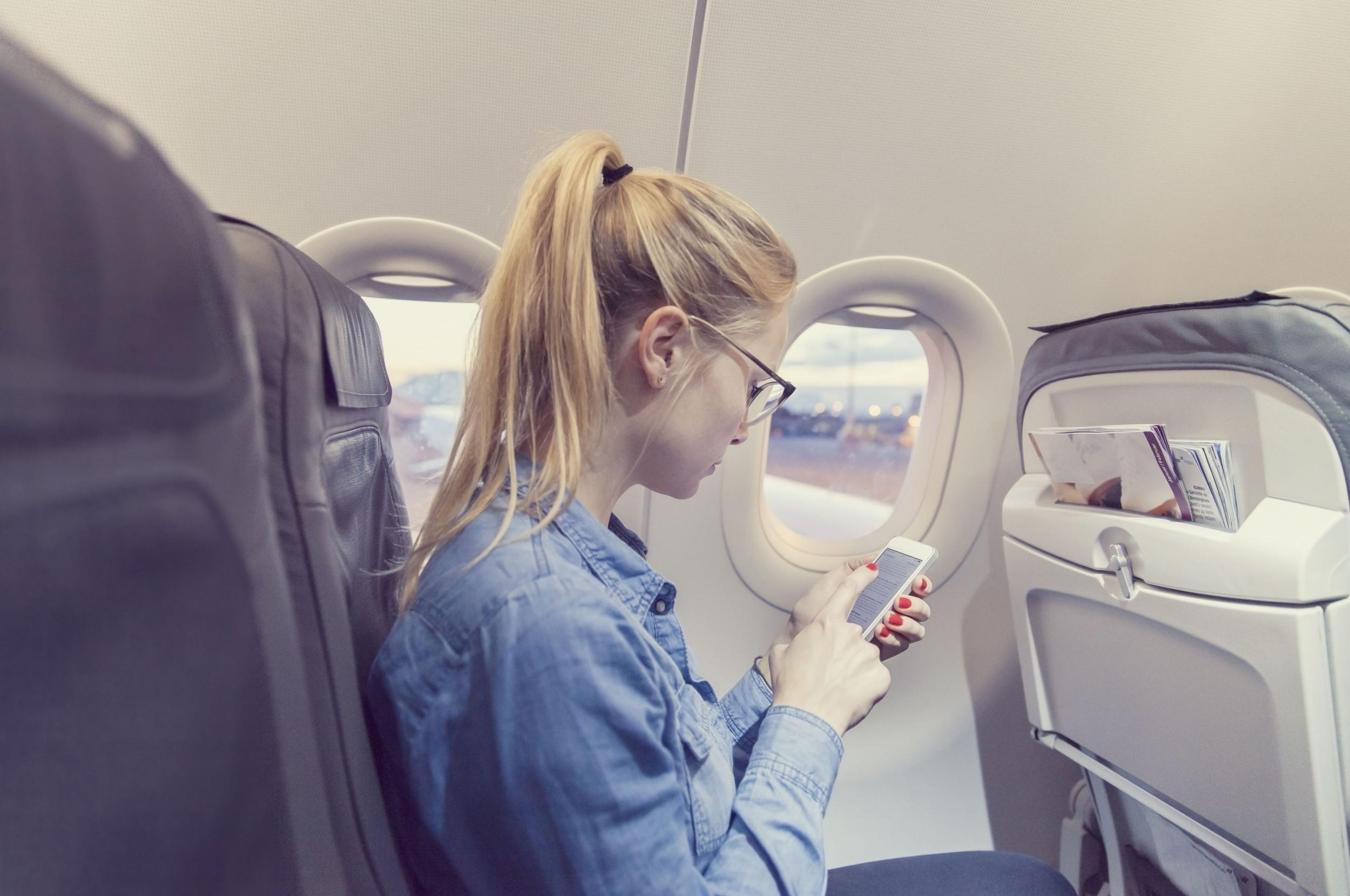The Independent's journalism is supported by our readers. When you purchase through links on our site, we may earn commission.
Window or aisle? What your seat on a plane says about you
Thought you choose your plane seat according to space and legroom? Think again, say these experts

Window seat fans. Some are born, some become them, some have fandom thrust upon them.
And, some psychologists say, there might be a reason for that. People who select window seats are “selfish” and “controlling”, they say – and those who prefer aisle seats are more likely to be introverts. More fool you for thinking it was all about legroom.
The psychology of plane seats has been doing the rounds for several years, but, interestingly, experts – or, at least, those happy to talk about it – always seem to draw the same conclusions. There might be a reason for that – the seat you choose, psychologist Jonathan Bricker has said in the past, is “a rare opportunity to have some control over your environment when travelling.”
So what exactly does it mean? Bricker calls the act of choosing an aisle seat “an expression of freedom” – you don’t have to ask permission to get up, check the overhead locker or go to the toilet – and suggests it’s the pick of introverts, who don’t want to have to engage with their fellow passengers or feel boxed in.
Having said that, it’s also the power seat in the row, he says – you get to control whether your seat mates can move around. And the sheer physicalities of the seat mean you’re less likely to sleep on the aisle – meaning that people who need to work are more likely to take it.
Aisle = introverted control freak, in other words.
Window seats, he continues, are “nesters” who like to seal themselves off from the rest of the cabin. Harley Street psychologist Becky Spelman goes one further, telling the Telegraph that the “nesting” tendency equates to wanting to “exist in their own bubble”, and adding that window seat fans “like to be in control, tend to take an ‘every man for themselves’ attitude towards life, and are often more easily irritable.” Behavioural psychologist Jo Hemmings adds that window seat fans are usually “more selfish”. Although not everyone buys this – one psychologist quizzed by The Independent declined to comment, saying, "It's not something I've ever even thought about."
So is there any truth to this idea? "It's true that everyone has a preference," Jack Sheldon of Jack's Flight Club told The Independent - adding that although he was sceptical of the sweeping character assassinations, "I'm sure there is some truth to it, and if someone did a study on it, they'd find something not too far from what we'd assume." But a member of cabin crew for a major European airline - and perhaps the ultimate expert on passenger behaviour - told The Independent that the idea of seat personalities doesn't ring true.
“I would honestly say, I have never in my 20 years of being a trolley dolly noticed this,” she said. “I have served many people in the window or aisle seat and they have been extrovert, shy, demanding, quiet, unassuming and so on. I have never been able to pinpoint a certain type of passenger.”
There’s no word on the psychological tendencies of those who prefer the middle seat. Possibly because they don’t exist - or perhaps, as Sheldon says, they're "usually a sign of poor planning and a disorganised person." Ouch.
Join our commenting forum
Join thought-provoking conversations, follow other Independent readers and see their replies
Comments
Bookmark popover
Removed from bookmarks